The UK government has announced plans to ban the sale of high-caffeine energy drinks to under-16s, saying products like Red Bull, Monster and Prime have “no place in children’s hands.”
The move, unveiled on Wednesday, is aimed at tackling rising health risks among young people. Ministers say the ban could help prevent tens of thousands of children from becoming obese, while also improving sleep and school performance for many more.
Health experts, teachers and dentists have long warned about the dangers of energy drinks, from tooth decay and weight gain to poor concentration in class. They welcomed the plan, calling it a long-overdue step to protect children’s well-being.
Although many large supermarkets already refuse to sell these drinks to under-16s, smaller shops and vending machines have continued to stock them freely. The government now wants to close that gap with a nationwide legal ban.
Here’s a closer look at why these cans have been causing concern.
Over 1 lakh children have energy drinks every day
Energy drinks for many schoolchildren are part of daily life. Surveys show that around 100,000 children in the UK consume at least one energy drink every single day.
Among teenagers aged 13 to 16, as many as one in three admits to having them weekly. Drinks that contain more than 150mg of caffeine per litre already carry warning labels saying they are “not suitable for children.” But despite these warnings, and despite most major supermarkets bringing in a voluntary ban years ago, the drinks are still finding their way into children’s hands.
Part of the problem lies in how they’re marketed. Carrera, 18, a youth activist with the group Bite Back, told Today that manufacturers are “clever” in how they target young people, using influencers, flashy packaging and flavours that feel fun and exciting.
“It’s no wonder energy drinks have become the social currency of the playground,” she told BBC.
For health campaigners, the risks are clear. “High-caffeine energy drinks have no place in children’s hands. This is a common sense, evidence-based step to protect children’s physical, mental and dental health,” Katharine Jenner, director of the Obesity Health Alliance, told The Guardian.
She added that the success of preventing young people from buying alcohol and cigarettes shows why this approach matters. “Age-of-sale policies like this have a proven record of reducing access to products that are not suitable for children.”
Also read: 'Workout Queen' Katie Donnell dies, mother blames energy drinks. Are they bad for the heart?
How energy drinks are harming teens
The dangers of energy drinks go far beyond a simple sugar rush. Experts warn that the caffeine levels, often equal to two shots of espresso in a single can, are far too high for children and teenagers.
Teachers say they’re seeing the effects first-hand in classrooms. Some pupils are arriving at school “bouncing off the walls in lesson time” after grabbing an energy drink on the way in, often instead of eating breakfast.
“We are talking about three, four shots of espresso in one of these things. Loads of sugar. So an absolute nightmare,” TV chef Jamie Oliver said in a video posted on X last year.
Research backs up those concerns. A 2024 study that looked at 1.2 million children and young people found strong links between energy drink consumption and problems such as headaches, tiredness, poor sleep and irritation. The same study also pointed to a higher risk of emotional issues, including stress, anxiety and depression.
It’s not just caffeine. The sugary versions of energy drinks can wreak havoc on teeth and pile on the calories, contributing to rising levels of obesity, according to the Association of UK Dietitians.
Also read: Australian woman dies of caffeine overdose. How much is too much?
Health and Social Care Secretary Wes Streeting said the government had “been called upon” to act by parents, teachers and even young people themselves. Speaking on BBC Radio 4’s Today programme, he added: “You can see the impact on the health, concentration and the learning, and that is why we are acting.”
The government also says the ban could prevent obesity in up to 40,000 children and deliver health benefits worth tens of millions of pounds.
While no exact start date has been confirmed, Streeting promised the ban would be enforced “a lot sooner” than the end of the current parliament.
The UK also isn’t the first country to take this step. Lithuania and Latvia banned sales of energy drinks to under-18s in 2014 and 2016, while Sweden restricts sales to under-15s.
With input from agencies


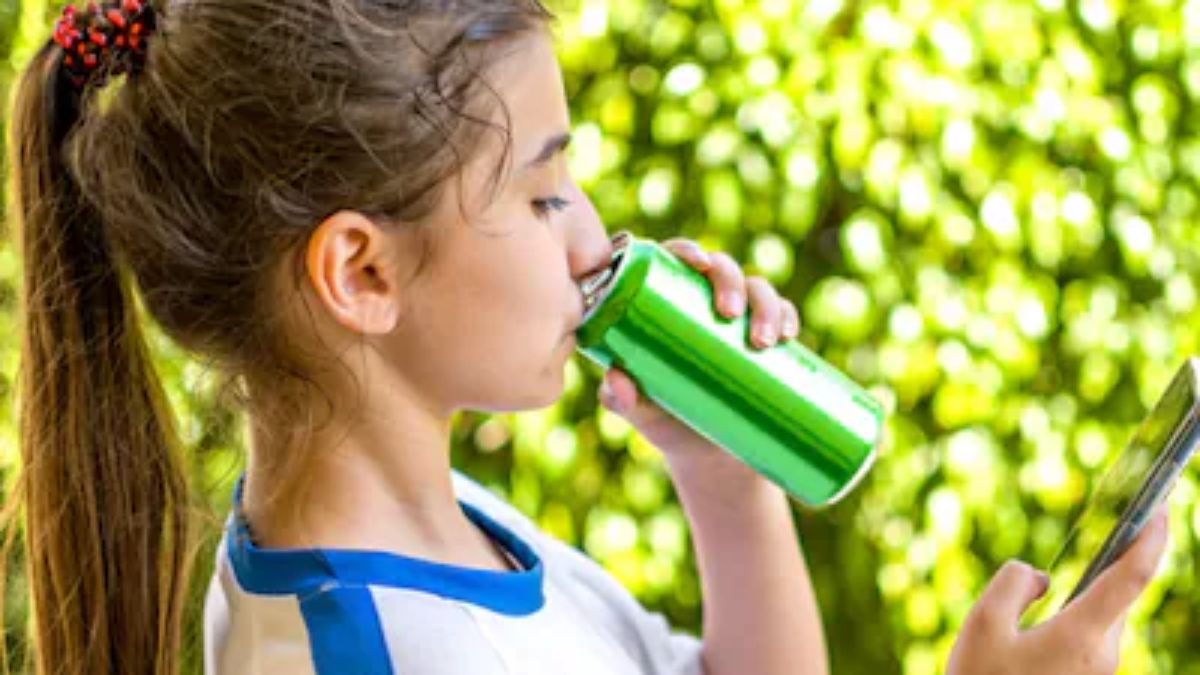)
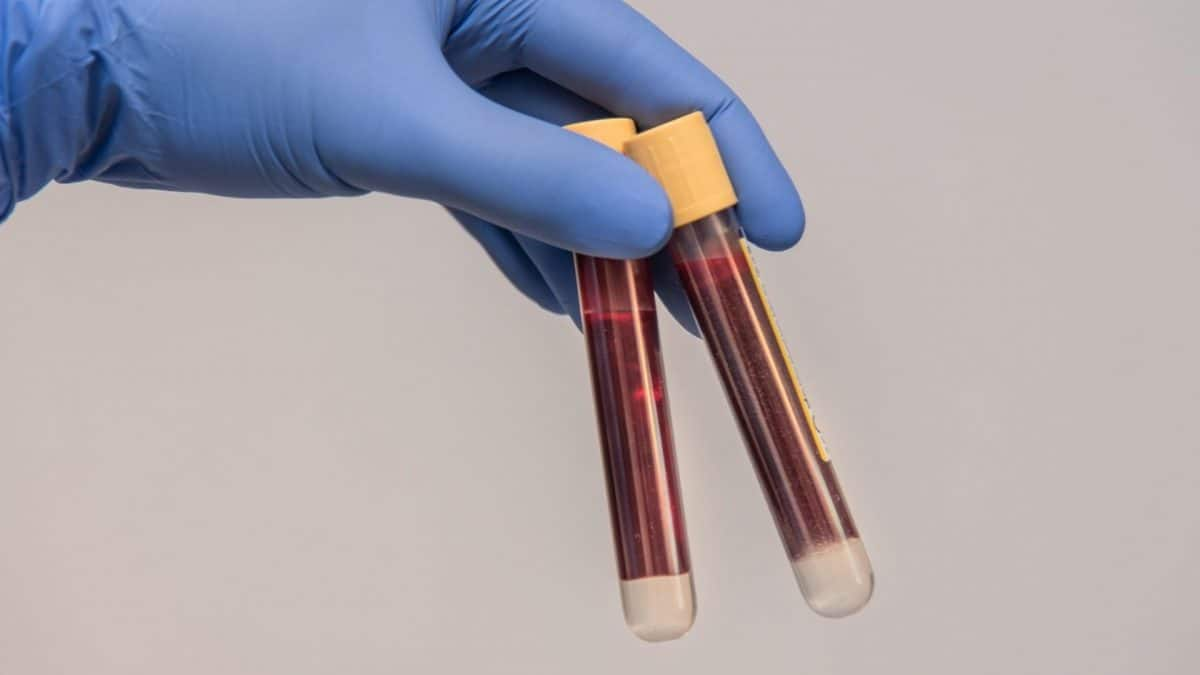
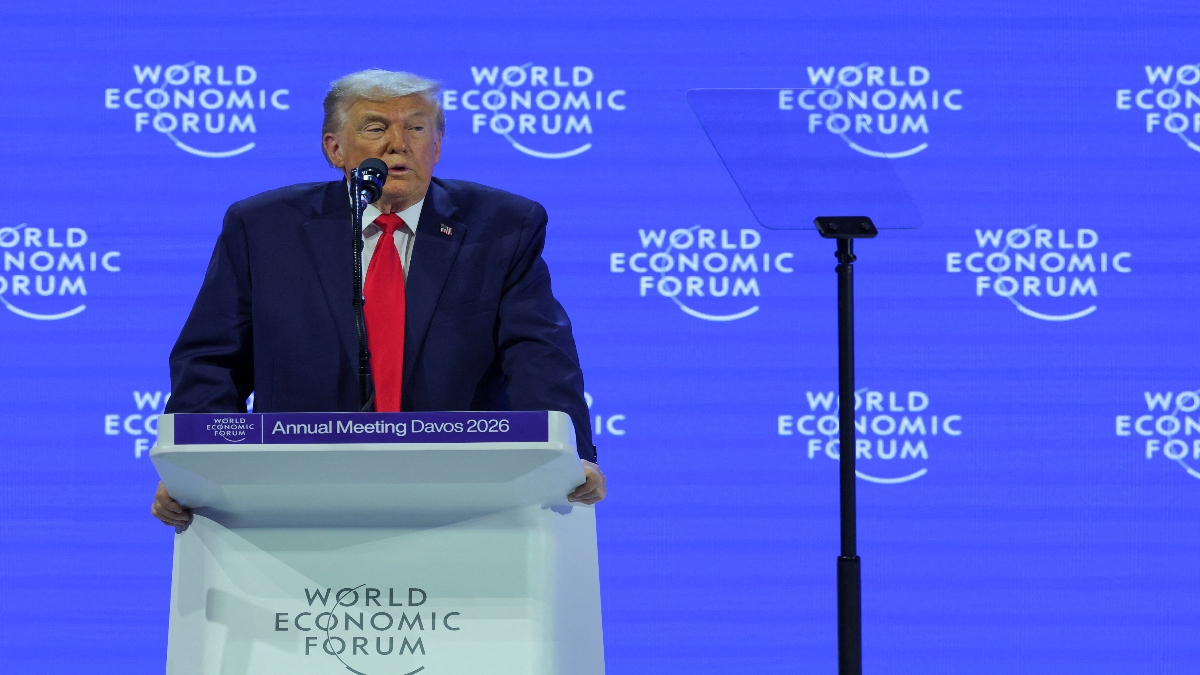)
)
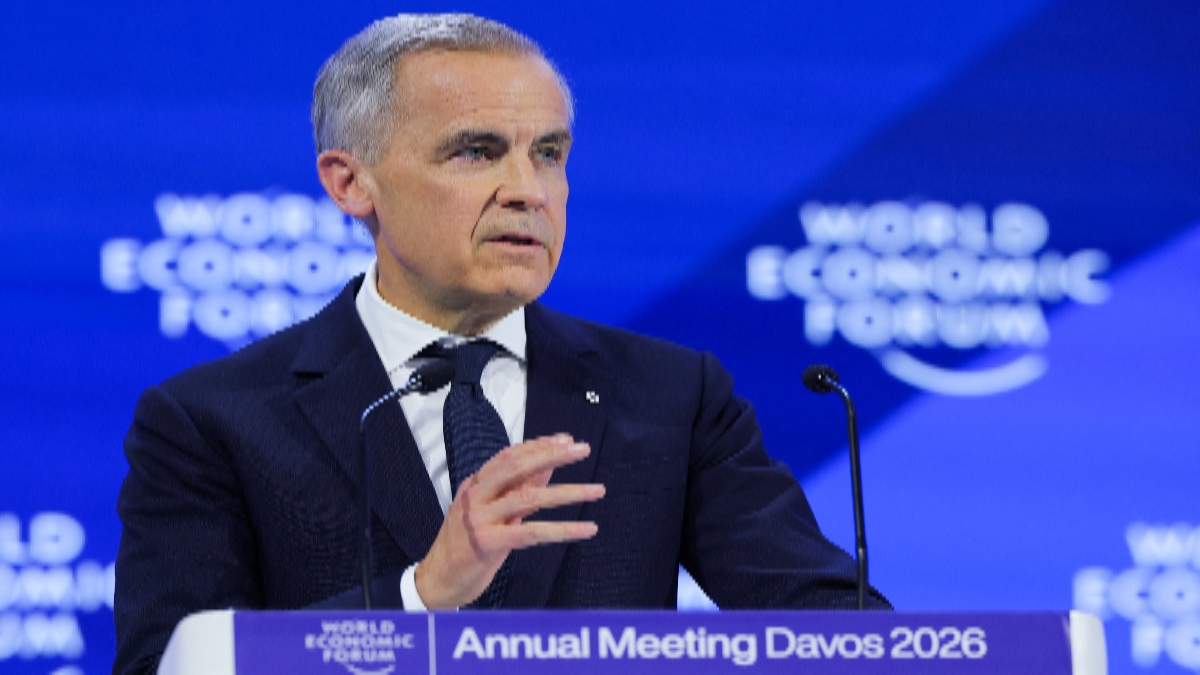)
)
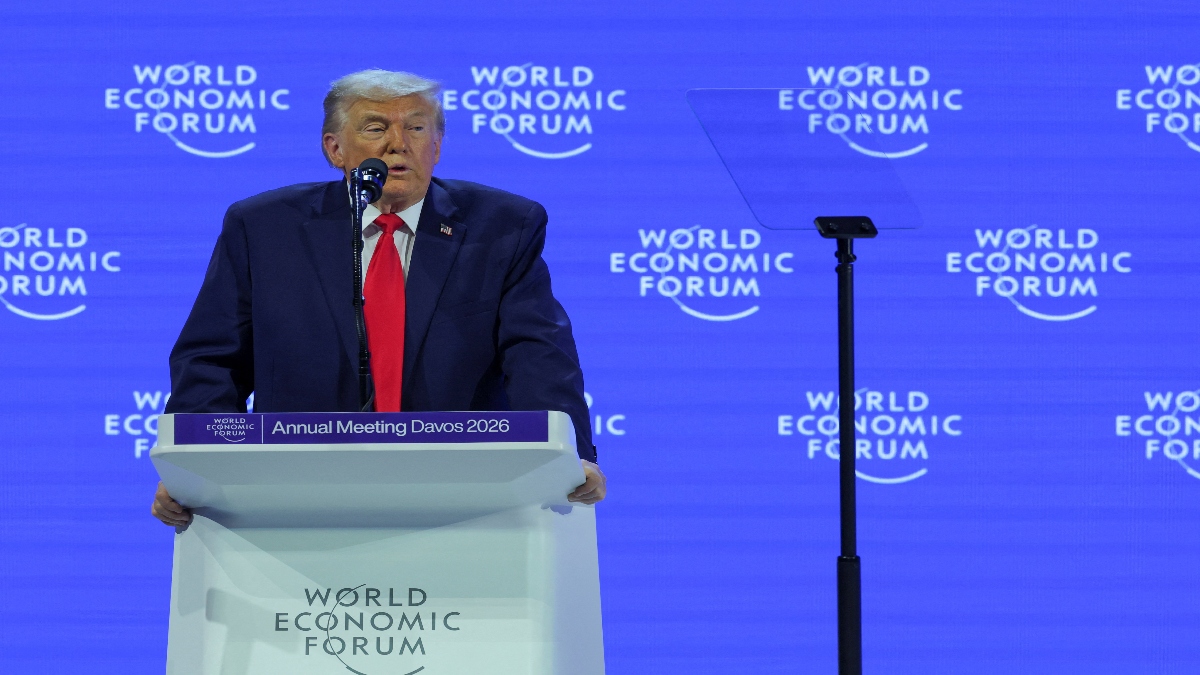)
)
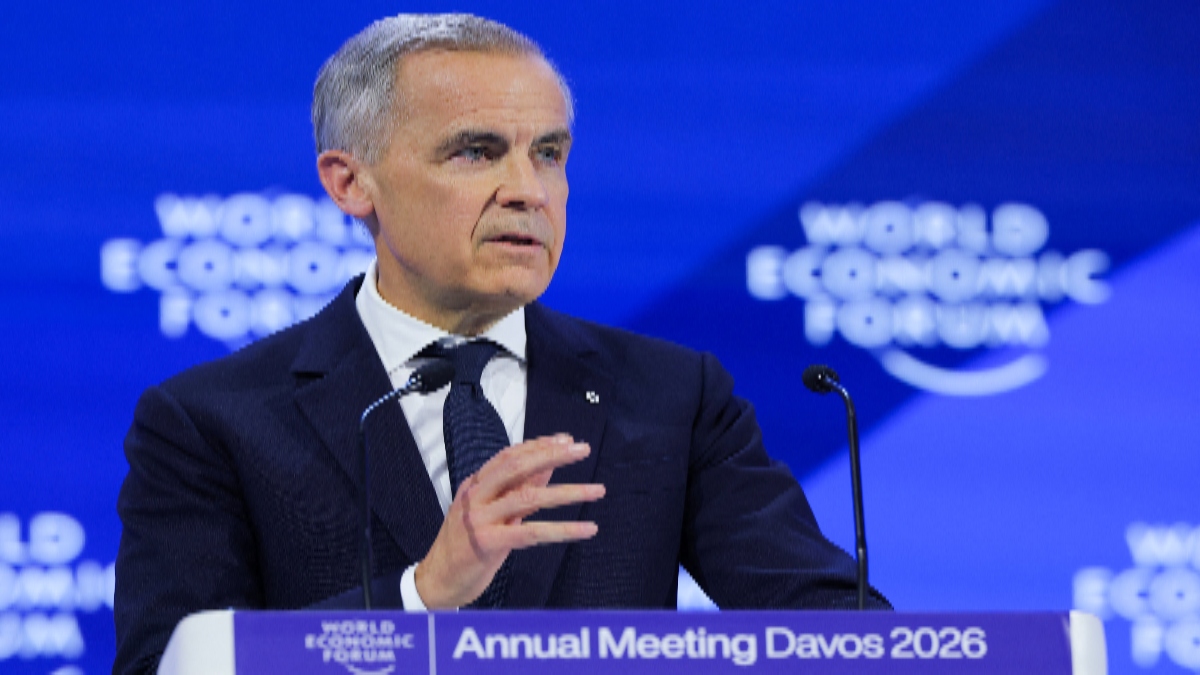)
)



